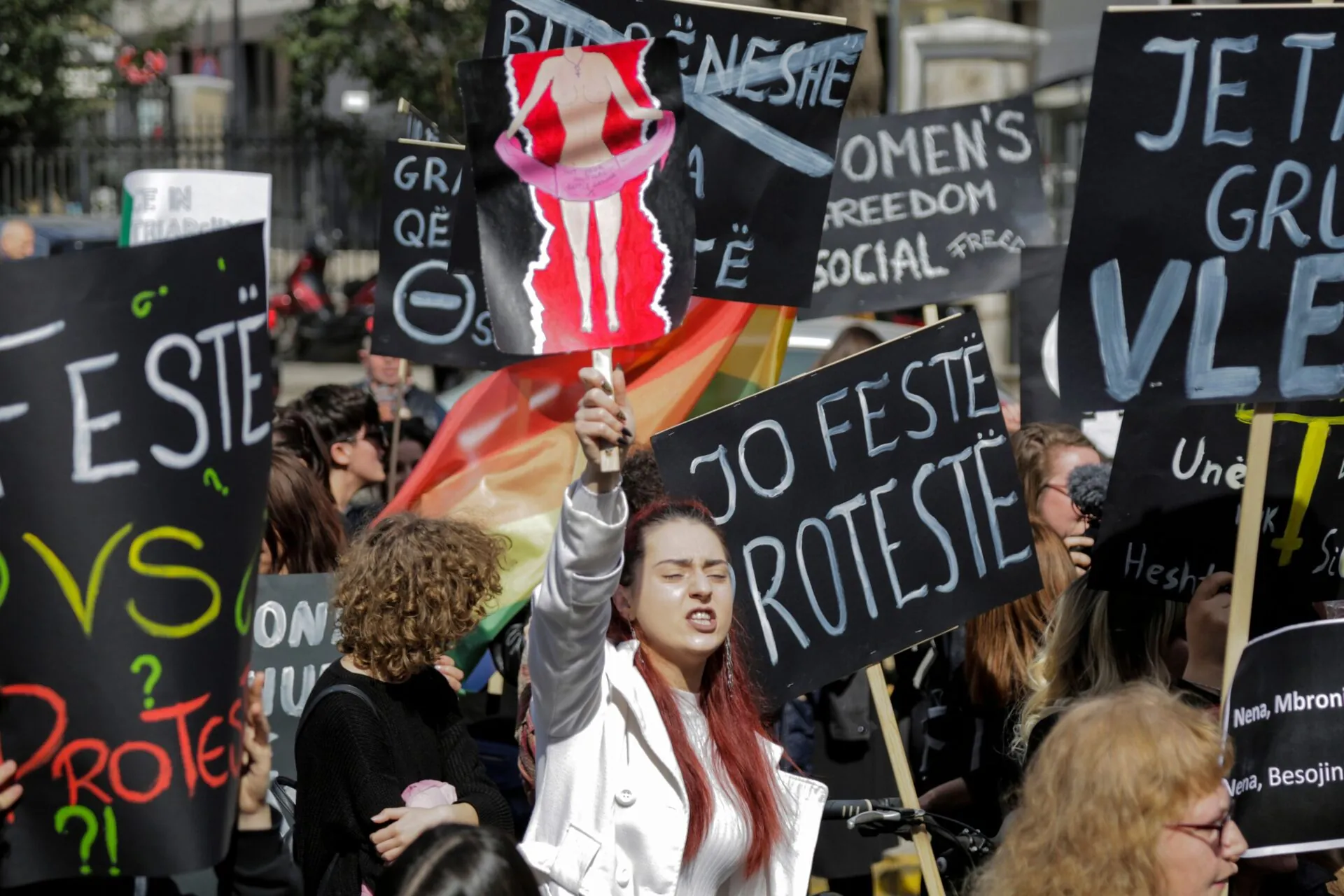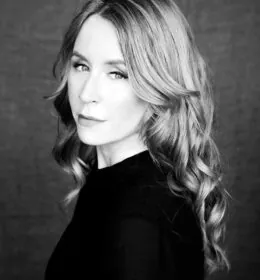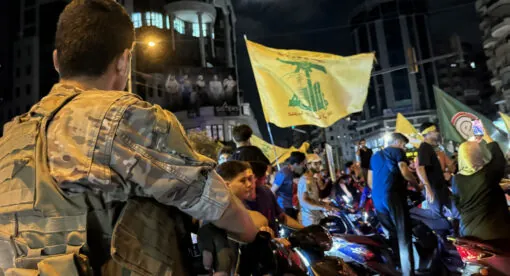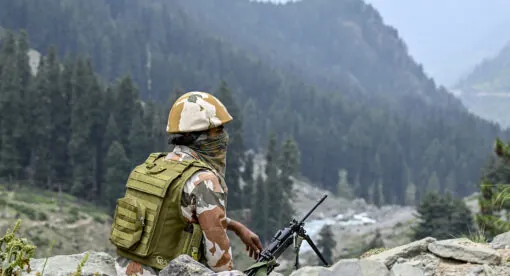This report is part of the larger anthology “Insights into Albania: Internal Struggles and Geopolitical Challenges in the Western Balkans”
Read the report here
Read the full anthology here
Albania is a patriarchal country that continues to face numerous challenges regarding women’s rights. Albanian society faces several issues today: one of the highest rates of domestic violence in Europe, forced and arranged marriages, restrictions on women from working or leaving the house alone, heavily enforced gender stereotypes, and violence perpetrated against women and girls online, in the media, and in public. Since 2011, at least 159 Albanian women have been murdered by a former intimate partner or family member.
Albania’s legal framework provides women and girls with equal rights to men: the rights to own and inherit, to be protected, to earn a fair salary, to access reproductive health care, and to use legal recourse to right the wrongs against them. But in reality, implementation is lacking. Women and girls are often not aware of their rights, and when they try to seek justice, they fail for several reasons. These include corruption, a long backlog of cases, societal taboos and stigmas against victims, economic complexities, and a lack of resources at every level.
Furthermore, women continue to be paid less than men, while working longer hours and undertaking more unpaid care work and domestic labor. While the country excels in women’s participation in local and national government, this does not reflect women’s empowerment in daily life.
This essay focuses on matters that are not well known or reported or that represent long-standing societal taboos. During my research for this essay, I encountered many people who believed that some of these issues, such as gender-selective abortion and “‘virginity surgery’,” no longer existed, but the truth is, that they do.
Alice Taylor is a British-born journalist who has lived and worked in Albania for seven years. She is a senior editor at Euractiv, a TV host at Euronews Albania, and a regional correspondent for international media. She also teaches journalism at various educational institutions, is a regular speaker on media freedom and ethics, and has published two books on Albania. She has a keen interest in Albanian culture and history as well as women’s rights, media, innovative technologies, and social media and how they all intersect. You can follow her on X and Instagram at @aliceinalbania and on LinkedIn at aliceopheliataylor.
The views expressed in this article are those of the author and not an official policy or position of New Lines Institute.






